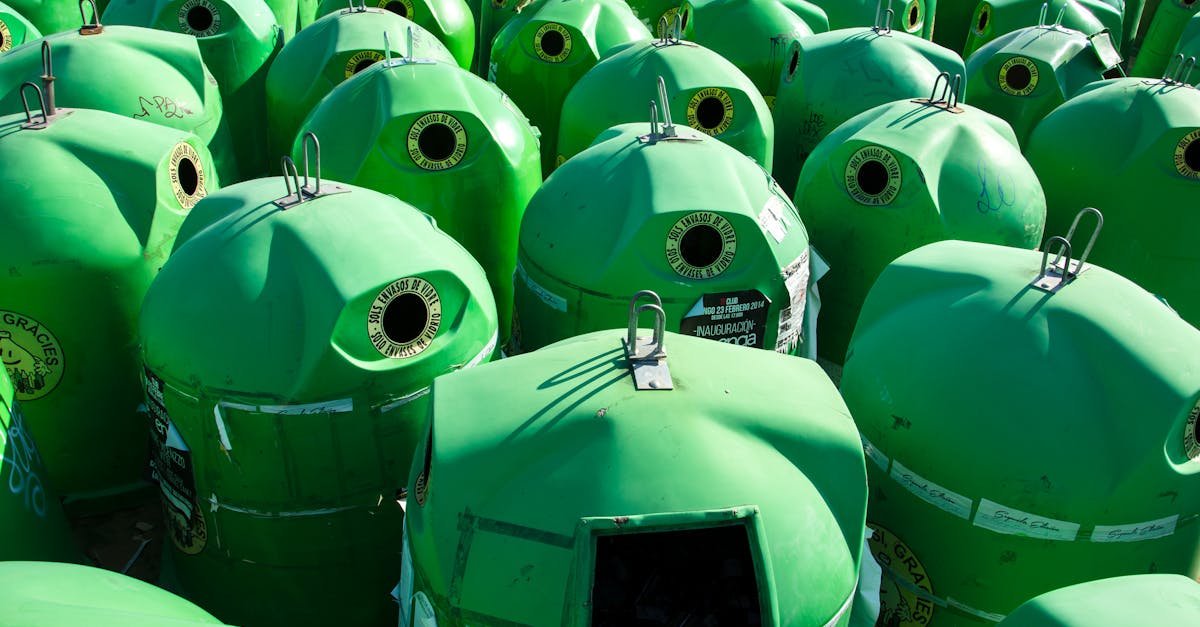Garbage disposals are handy kitchen appliances that help manage food waste, but not everything belongs down the drain. Certain items can cause clogs, damage, or unpleasant odors. Understanding what not to dispose of in your garbage disposal can save you from costly repairs and maintenance. Here’s a look at the top items to keep out of your disposal.
Grease and Oil
Pouring grease and oil down your garbage disposal can lead to serious plumbing issues. These substances can solidify and cause clogs in your pipes. Instead, let grease cool and dispose of it in the trash.
Fibrous Vegetables
Vegetables like celery, asparagus, and corn husks can create tangles in the disposal blades. Their fibrous nature makes them difficult to chop up, leading to potential jams. Chop these vegetables into smaller pieces and compost or trash them instead.
Starchy Foods
Potatoes, pasta, and rice are starchy foods that can swell and create a paste-like substance in your disposal. This can lead to clogs and blockages in your plumbing. Dispose of these foods in the trash or compost them.
Eggshells
While some people believe that eggshells help clean the disposal, they can actually cause more harm than good. The membrane inside the shell can wrap around the blades, leading to clogs. Discard eggshells in the compost or trash instead.
Coffee Grounds
Coffee grounds may seem harmless, but they can accumulate and create a sludge that clogs your disposal and pipes. It’s best to throw coffee grounds in the trash or add them to your compost pile.
Non-Food Items
Items such as plastic, metal, glass, and paper should never go down the garbage disposal. These materials can damage the blades or cause serious blockages. Always dispose of non-food items in the trash.
Fruit Pits
Hard fruit pits from cherries, peaches, and avocados can damage the blades of your disposal. They are too tough for the disposal to handle and can lead to costly repairs. Dispose of fruit pits in the trash.
Large Bones
While small bones from fish or chicken might be acceptable, large bones can break the disposal blades and lead to severe damage. It’s best to throw large bones in the trash.
Onion Skins
Onion skins are tough and fibrous, making them hard to chop up in the disposal. They can create clogs and should be thrown away instead of put down the drain.
Cleaning Products
Never pour cleaning products down your garbage disposal. Chemicals can damage the disposal unit and harm your plumbing. Use appropriate disposal methods for cleaning products.
| Item | Reason | Best Disposal Method | Potential Issues | Alternatives |
|---|---|---|---|---|
| Grease and Oil | Solidifies and clogs | Trash | Plumbing issues | Let cool and throw away |
| Fibrous Vegetables | Tangles blades | Compost or trash | Potential jams | Chop into small pieces |
| Coffee Grounds | Creates sludge | Trash or compost | Clogs pipes | Add to compost |
| Non-Food Items | Damages disposal | Trash | Serious blockages | Recycle or dispose properly |
Understanding what not to dispose of in your garbage disposal is crucial for maintaining its functionality and preventing plumbing issues. By avoiding these items, you can ensure a smoother operation and extend the life of your disposal unit.
FAQs
Can I put small bones down the garbage disposal?
Small bones from fish or chicken can be processed, but larger bones should be avoided as they can damage the disposal.
What should I do if my garbage disposal gets clogged?
If your disposal is clogged, turn it off, and try to remove any visible obstructions. You may also need to use a plunger or call a plumber if the problem persists.
Is it safe to use ice in the garbage disposal?
Yes, using ice can help clean the blades and remove debris. Just be sure not to overdo it, as too much ice can strain the motor.
What happens if I accidentally put something harmful down the disposal?
If you accidentally put something harmful down the disposal, turn it off immediately. Assess the situation and remove any obstructions if possible. You may need professional help if damage occurs.

